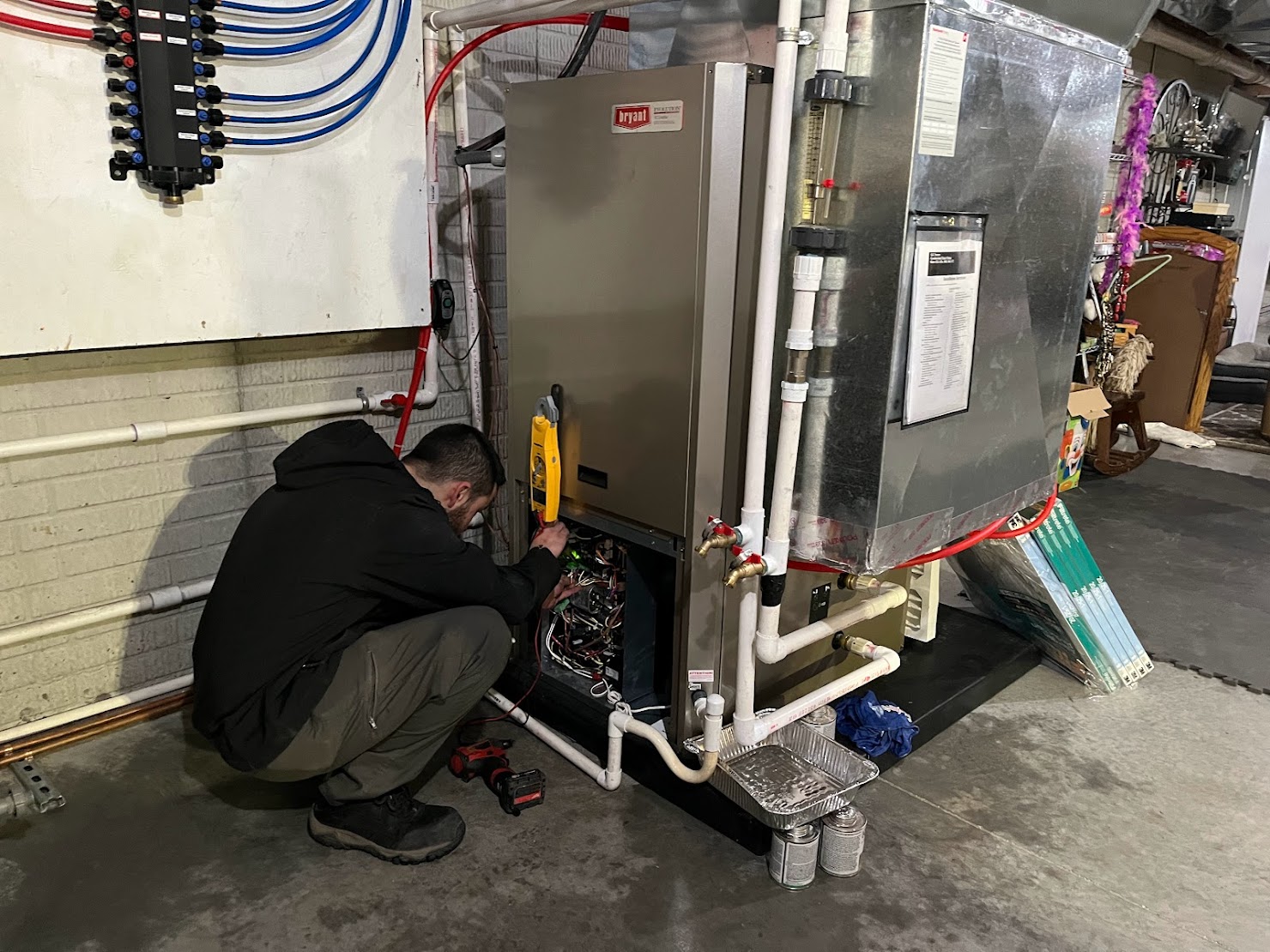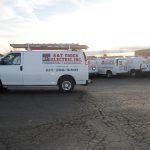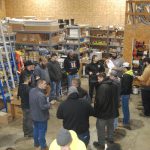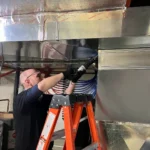A chilly home is no place to be when your furnace decides to quit, leaving you scrambling for warmth. Furnace repairs, while sometimes straightforward, can vary greatly in cost depending on the problem, the type of furnace, and whether you catch the issue early. Knowing when to handle a repair yourself and when to call in a professional can make all the difference in cost, efficiency, and peace of mind. Let’s break down the factors influencing furnace repair costs and how to decide who to call for furnace repair.
Understanding Furnace Repair Costs
Furnace repair expenses can range significantly, often falling between $150 and $1,200, depending on the severity of the issue and the type of service required.
Common Furnace Repairs and Their Costs
- Thermostat Malfunction
A misbehaving thermostat might seem minor, but it can disrupt your entire heating system. Repairs or replacements generally cost between $100 and $300. - Dirty or Clogged Filters
Filters are inexpensive to replace, costing about $10 to $50, but neglecting them can lead to bigger issues that may cost hundreds in repairs. - Blower Motor Issues
If the blower motor fails, expect a repair bill between $150 and $500. Replacing it entirely could run as high as $1,500. - Ignitor or Pilot Light Problems
Fixing an ignitor or pilot light typically costs between $150 and $400. This is often a quick repair, but it’s essential for gas-powered furnaces. - Heat Exchanger Repairs
A cracked heat exchanger is a serious issue, often costing $1,000 or more. In severe cases, replacing the furnace may be more cost-effective. - Ductwork Repairs
Leaky or damaged ducts can drive up energy bills and reduce efficiency. Repairs range from $300 to $1,000, depending on the complexity.
Factors That Influence Furnace Repair Costs
Type of Furnace
Different furnaces come with unique repair challenges.
- Gas Furnaces: Repairs tend to cost more due to additional components like the pilot light or gas valve.
- Electric Furnaces: These are simpler and less expensive to fix, often costing 20-30% less than gas models.
- Oil Furnaces: Typically found in older homes, repairs can be pricey due to the specialized parts involved.
Age of the Furnace
An older furnace often requires more frequent and expensive repairs. As parts wear out, sourcing replacements can also become challenging, further increasing costs.
Severity of the Problem
A minor issue caught early—such as a dirty filter or loose wire—will cost far less than a problem that has been allowed to escalate.
Timing of Repairs
Emergency repairs during a frigid winter night can cost significantly more than scheduling routine maintenance or repairs during the off-season.
Signs You Need Furnace Repairs
A furnace rarely breaks down without some advance warning. Recognizing the signs can help you address issues before they escalate.
- Unusual Noises
Squealing, banging, or rattling noises are your furnace’s way of telling you something isn’t right. - Insufficient Heat
If your furnace runs but doesn’t heat adequately, there could be issues with the thermostat, airflow, or heat exchanger. - Frequent Cycling
A furnace that turns on and off repeatedly may be overheating due to restricted airflow or a faulty thermostat. - Rising Energy Bills
A sudden spike in your heating bill often indicates inefficiency, possibly due to dirty filters, leaks, or mechanical failures. - Burning Smell or Gas Odors
A burning smell at the start of the season is normal as dust burns off, but persistent odors or the smell of gas should never be ignored.
When to Call a Professional
Some furnace repairs are straightforward enough for a homeowner to handle, but others require the expertise of a professional.
Call a Professional If:
- You Smell Gas: A gas leak is dangerous. Turn off the furnace, leave your home, and call your gas provider or a licensed technician immediately.
- The Pilot Light Won’t Stay Lit: This could indicate a problem with the thermocouple, gas supply, or flame sensor.
- Electrical Issues Arise: Tripped breakers, flickering lights, or burnt wiring smells require a licensed HVAC technician.
- The Furnace is Unresponsive: If your furnace doesn’t respond to thermostat adjustments or basic troubleshooting, it’s time for expert help.
- Major Components Fail: Issues with the blower motor, heat exchanger, or ductwork should always be addressed by professionals.
How to Choose Who to Call for Furnace Repair
Finding the right professional can make all the difference in cost and quality.
Key Considerations When Choosing a Technician
- Licensing and Certification
Ensure the technician is certified by organizations like NATE (North American Technician Excellence) or holds a valid HVAC license in your state. - Experience with Your Furnace Type
Different furnaces require specific expertise. Choose a technician experienced in gas, electric, or oil furnaces as needed. - Transparent Pricing
Look for professionals who provide clear, upfront pricing and detailed estimates. - Emergency Services
During winter, having access to 24/7 emergency repair services can be invaluable. - Customer Reviews and Recommendations
Online reviews and word-of-mouth recommendations can provide insight into the reliability and professionalism of a service provider.
Preventative Maintenance to Reduce Repair Costs
The best way to save money on furnace repairs is to prevent issues before they occur.
Routine Maintenance Tips
- Change Filters Regularly
Replace filters every 1–3 months to maintain airflow and prevent overheating. - Schedule Annual Inspections
A yearly tune-up can catch minor issues before they escalate into costly repairs. - Keep Vents Clear
Ensure furniture or curtains don’t block vents, reducing strain on the furnace. - Monitor Thermostat Performance
Test your thermostat periodically to ensure it’s functioning accurately. - Seal Ductwork
Check for and seal any leaks in your ductwork to improve efficiency.
The cost of furnace repair can vary widely depending on the problem, the type of furnace, and the timing of the repair. While some issues can be handled with DIY solutions, knowing when to call a professional is essential for safety and efficiency.
By staying vigilant for warning signs, performing regular maintenance, and choosing the right technician when needed, you can keep your furnace running smoothly and extend its lifespan. A well-maintained furnace isn’t just a convenience—it’s a necessity during those bitterly cold







